In many remote villages of Lai Chau and Lao Cai provinces, there was a time when early marriage, drug addiction, and incestuous marriage were considered normal in the people's thinking. But now, when soldiers return to their villages with their backpacks, bringing with them knowledge and many economic development models, backward thinking, hunger, and poverty are gradually receding into the background.
Bright head
During this field trip, we heard and learned many memorable stories. Those were the propaganda sessions in the middle of the corn fields, the literacy classes opened in the middle of the hasty harvest season or the clear eyes of children going to school for the first time... Following the cadres and soldiers of the Economic-Defense Group 356, we went to Po Sa village, Si Lo Lau commune (Lai Chau). At Vang A Lu's house, people gathered around the fire to listen to Lieutenant Colonel Ngo Anh Ngoc, Political Commissar of Production Team and Construction of Political Base No. 2, propagate the harmful effects of drugs and the consequences of assisting drug criminals. With a gentle, easy-to-understand voice, Ngoc told the people about some cases of young people who were involved in drugs, leading to broken families, and even many cases were criminally prosecuted.
“When strangers invite you to carry goods for hire, claiming they are dried goods or medicine, you need to be careful and verify them carefully.” Many people nodded at Lieutenant Colonel Ngo Anh Ngoc’s advice. According to Ngoc, in the past, the situation of drug addicts, traders, and transporters across the border in this area was very complicated. Many villages were considered “hot spots” for social evils, with some families having 2 or 3 people involved in drugs. The whole village was almost “closed” to strangers… “We have to persevere in staying in the village, not only mobilizing, propagating, and disseminating the law, but also helping people have a stable livelihood, so that people do not have to be too poor to take risks,” Ngoc shared.
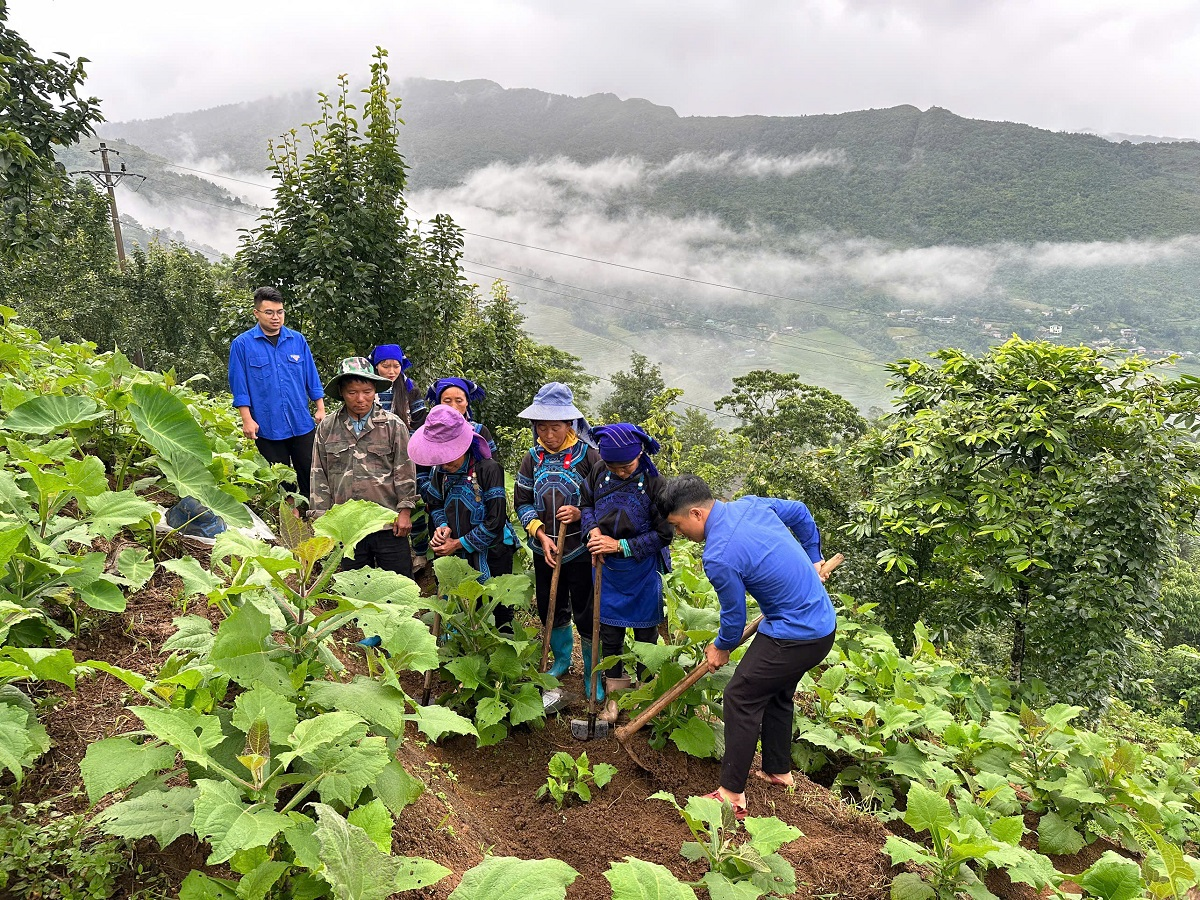 |
| Young intellectual volunteers of Economic - Defense Group 345 guide people in Lao Chai village, Y Ty commune ( Lao Cai ) to plant ginseng. |
For many reasons, in the border communes of Lao Cai province in the project area managed by Economic-Defense Group 345, there are many villages with difficulties in transportation, health care and education. Many households still lack food during the lean season, and their children cannot go to school. Along with that, some families still maintain bad customs such as: When sick, they do not go to the hospital or commune health station for examination and treatment but instead seek out shamans; early marriage, incestuous marriage; alcohol and beer addiction... causing poverty to cling.
Lieutenant Colonel Le Viet Xuan, Deputy Political Commissar of Economic-Defense Group 345, said: "Faced with that situation, the leaders and commanders of Economic-Defense Group 345 were very concerned and asked how to help people push back bad customs and gradually develop the socio-economy. The Party Committee of Economic-Defense Group 345 met and decided to send cadres to the villages to implement "4 together" with the people, focusing on difficult areas; send cadres and party members to work with village and hamlet party cells to grasp the situation in the area, promptly propose to the local authorities solutions to build a strong political base and safe areas. The group promoted propaganda in the people's language, built models of "Village without early marriage", "Typical cultural family", "Safe maternity" right in the community... thereby gradually helping people "enlighten their minds", change their thinking and way of doing things".
full stomach
According to statistics from the Economic-Defense Group 356, in 2008, the average poverty rate of the communes in the area under the unit's responsibility was nearly 100%. Up to now, this rate has decreased to about 39%. Although still high, this is a great effort of the local Party Committee, government, people and the effectiveness of economic projects undertaken by the Economic-Defense Group 356. In particular, what people appreciate most is that the Group has many new models and good practices to help and support people in economic development.
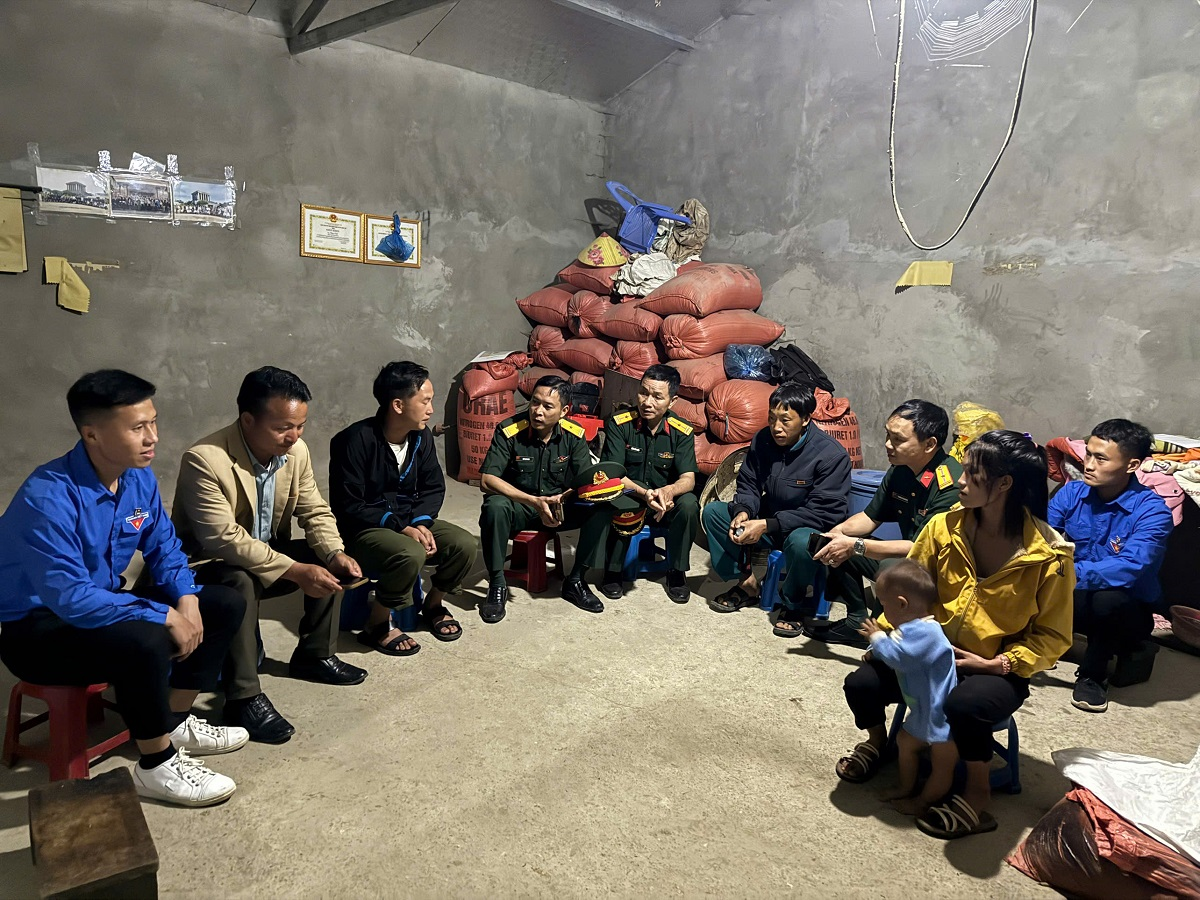 |
| Cadres and young intellectual volunteers of Economic - Defense Group 356 propagate the law in Po Sa village, Si Lo Lau commune (Lai Chau). |
In Hoang Then village, Si Lo Lau commune, previously, people only grew upland rice, with low yields. In order to help people, the group piloted a wet rice growing model on an area of 9.9 hectares. However, it was very difficult to persuade people to switch to wet rice cultivation. Economic and Military Group 356 even had to commit that "if the crop failed, the unit would be responsible for providing food for the whole village". The first crop failed because when the rice took root, there was a golden apple snail problem, and the entire 9.9 hectares of rice were lost. In keeping with the commitment, the group provided rice for the whole village and continued to encourage people to plant new crops. The land did not fail the people, in the second crop, Hoang Then village harvested rice with an unprecedented high yield. Comrade Giang A Po, Head of Hoang Then village, said: "Since being guided by the cadres of Economic and Military Group 356 to grow wet rice, up to now, people have harvested two crops a year, so they are no longer afraid of hunger".
In Lao Cai province, the image of officers and soldiers of Economic-Defense Group 345 diligently working with people to clear fields and cultivate rice has become familiar and close. Stationed in an important area with many difficulties, the unit has focused on building projects close to the farming and livestock farming practices of the people, while implementing the motto of not doing it for them or for them, but only mobilizing, supporting, and helping them to do it themselves. Accordingly, the Group provides initial seedlings and animals, helps and guides them on livestock and poultry farming techniques, and cultivation, so that people can grow, raise, and care for themselves. From 2021 to present, Economic-Defense Group 345 has invested nearly 20 billion VND to build models such as: Raising buffaloes, cows, goats, black pigs, and native black geese; growing bananas, avocados, grapefruits, custard apples, and medicinal plants such as cinnamon, artichokes, and angelica...
Along with that, the Union launched a movement for cadres and employees to self-study and improve their knowledge of economic management, skills in building and organizing the implementation of socio-economic development projects and sustainable poverty reduction in the locality; guiding people to apply scientific advances in production development to increase productivity and product quality. Along the way to the village, looking at the cinnamon, angelica, and artichoke forests planted densely on the inverted hillsides, and the newly built, spacious stilt houses and flat-roofed houses, we realized a new, more peaceful and fulfilling life here...
Article and photos: TUAN TRANG OANH
Source: https://www.qdnd.vn/xa-hoi/dan-toc-ton-giao/chinh-sach-phat-trien/vi-mot-vung-cao-no-am-binh-yen-bai-1-doi-ngheo-lac-hau-dan-bi-day-lui-835145



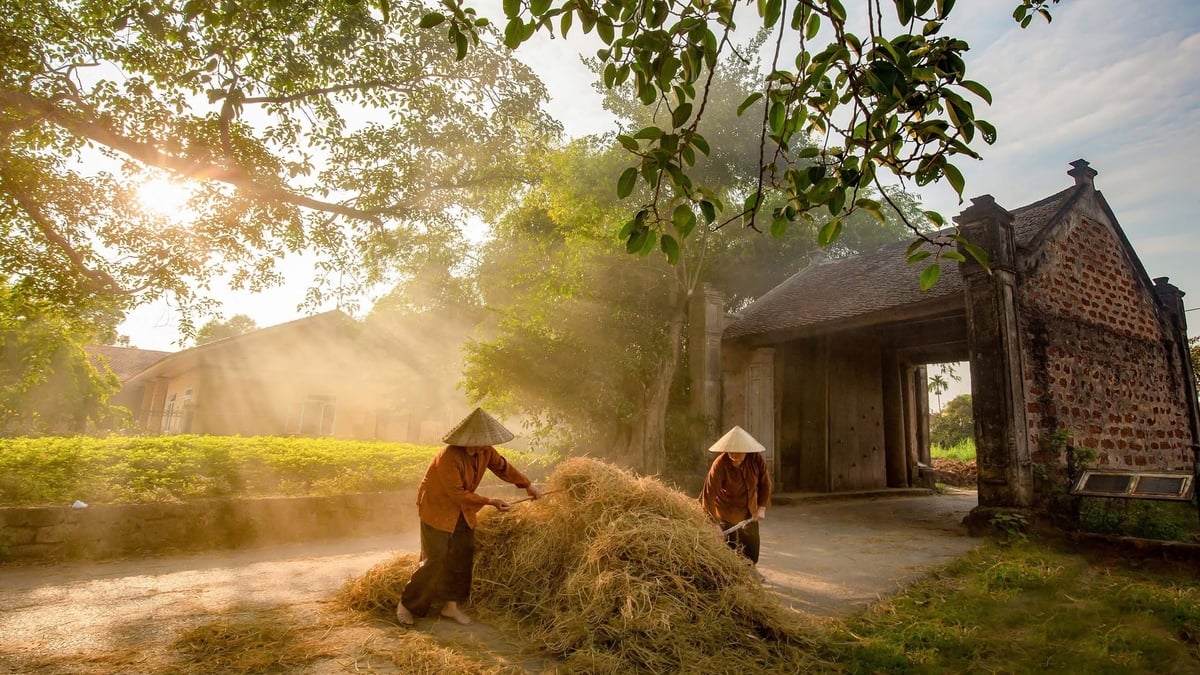
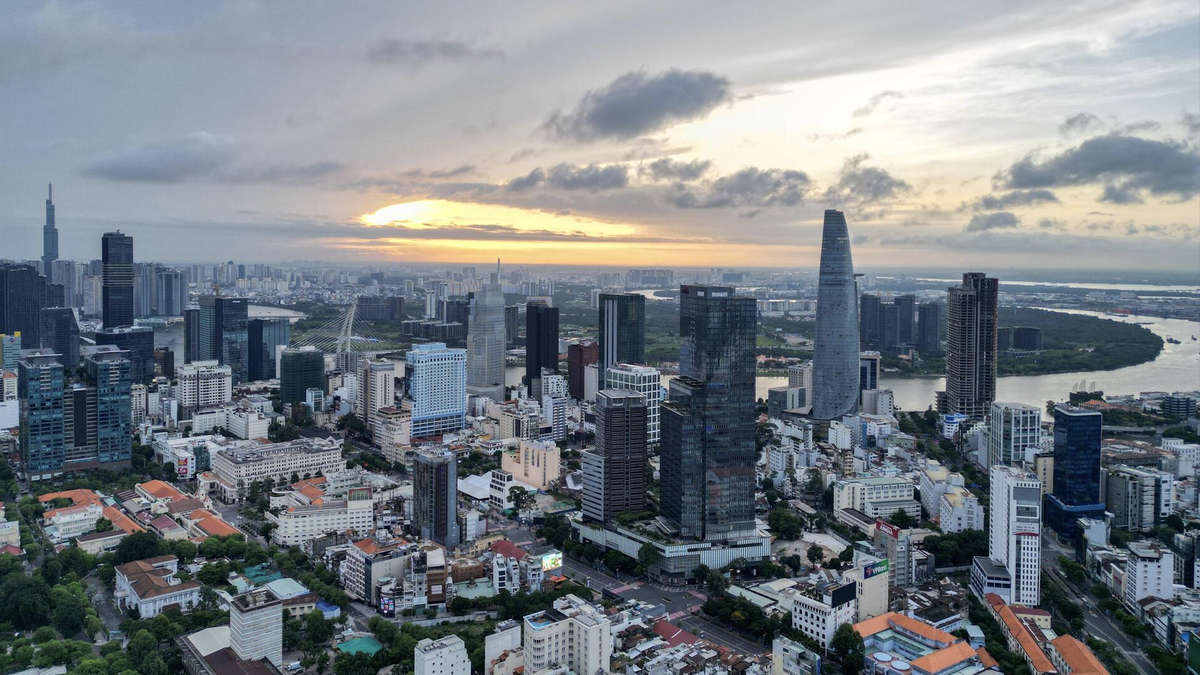
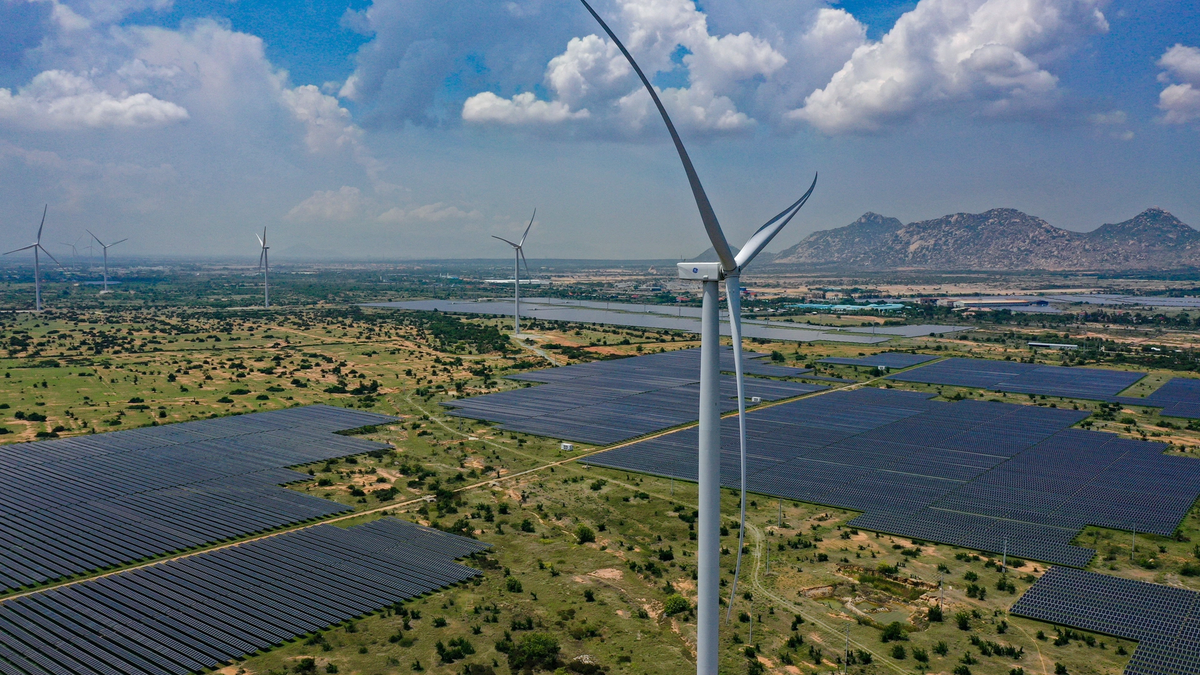

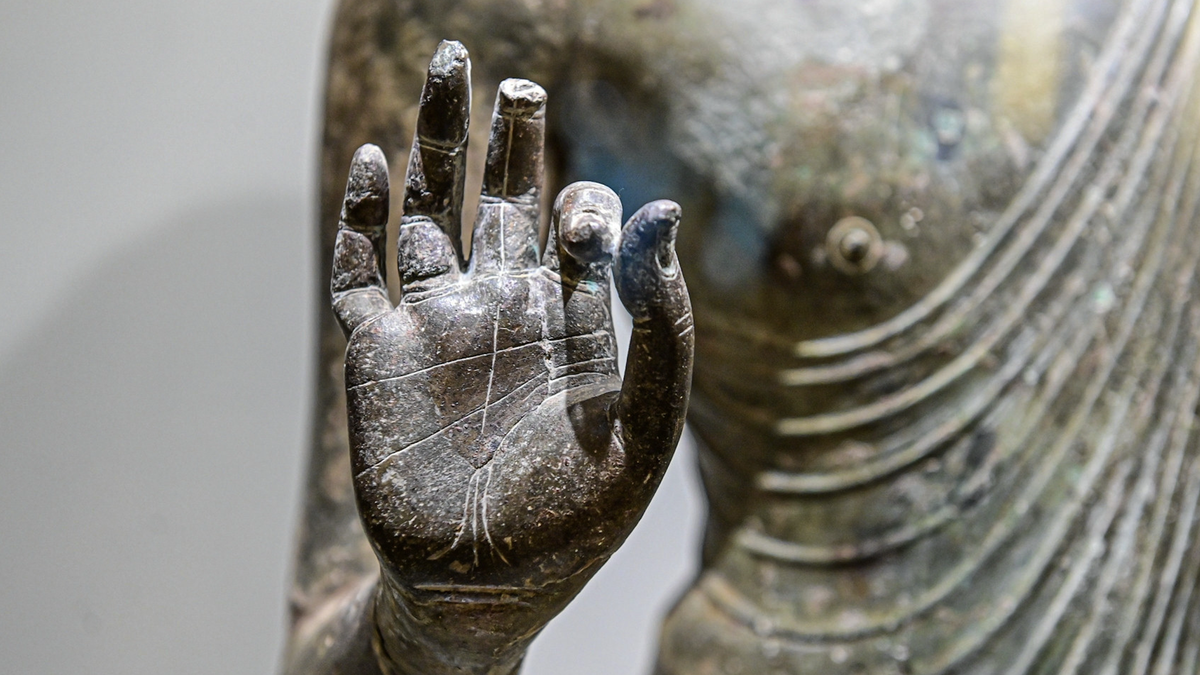
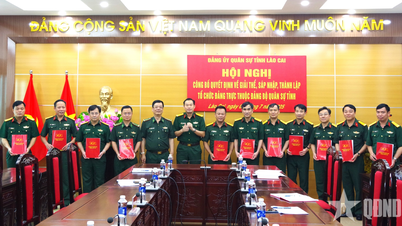
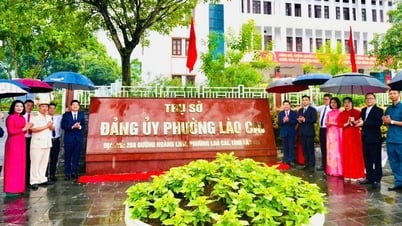

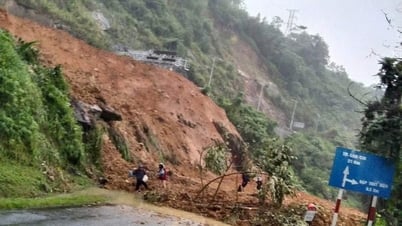
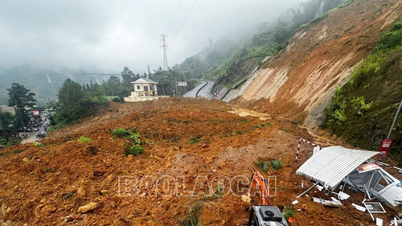

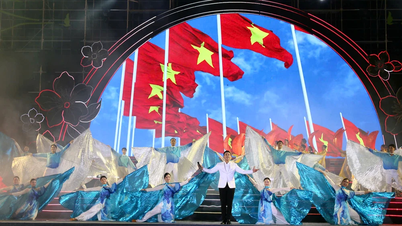
![[Photo] Young people flock to Y Ty to escape the heat and hunt for white clouds in the vast Northwest mountains](https://vphoto.vietnam.vn/thumb/402x226/vietnam/resource/IMAGE/2025/6/29/a193746bde2e448788e10a3fa328b07c)
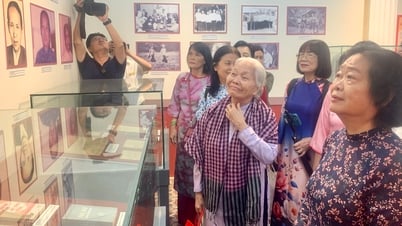

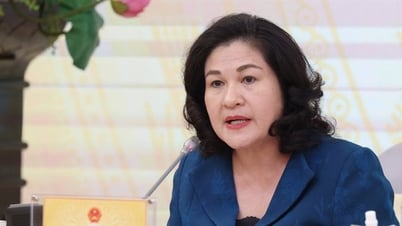

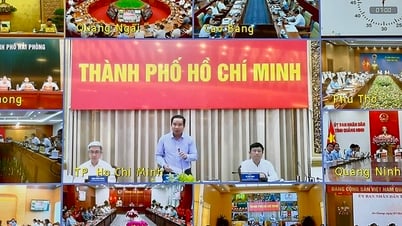


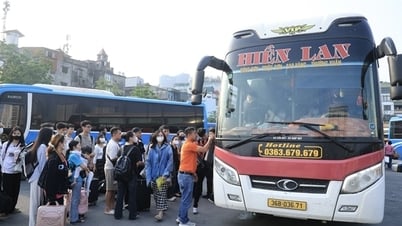







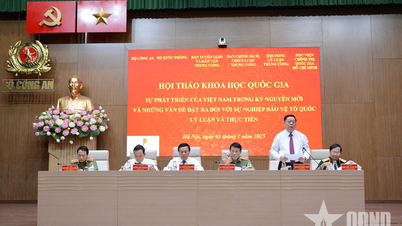
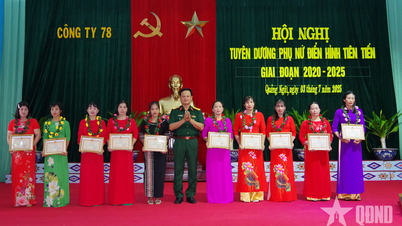
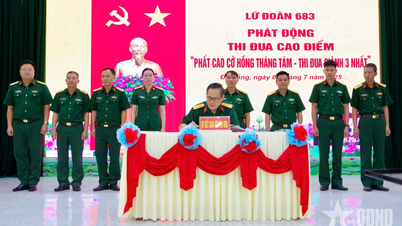
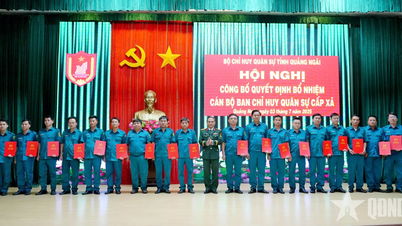
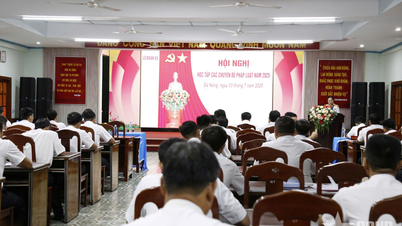
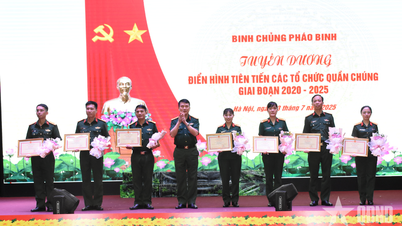

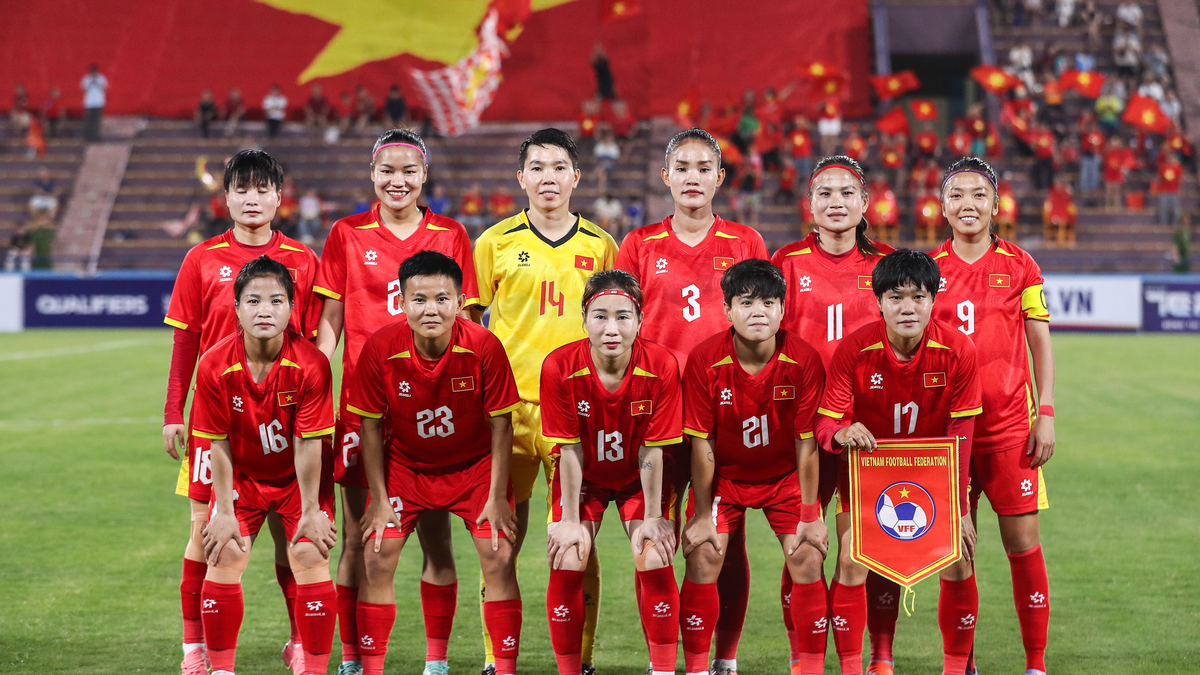




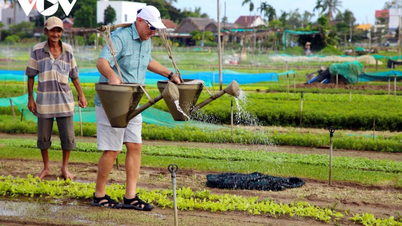

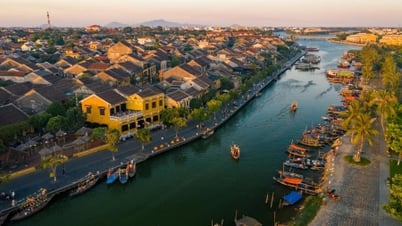

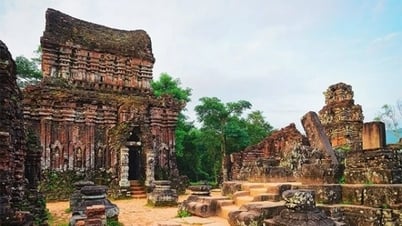

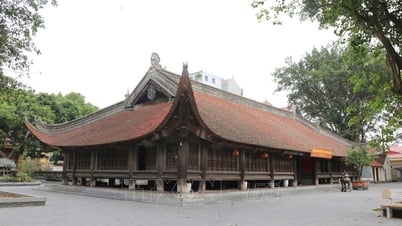



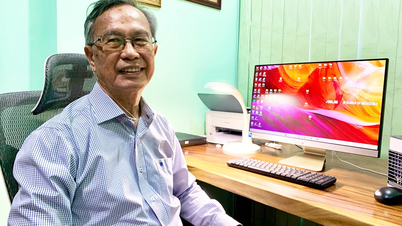
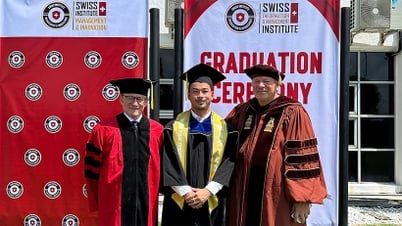




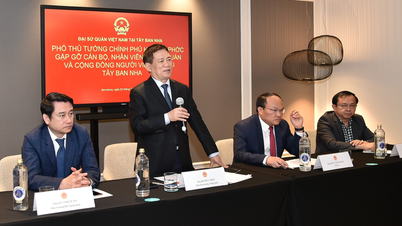



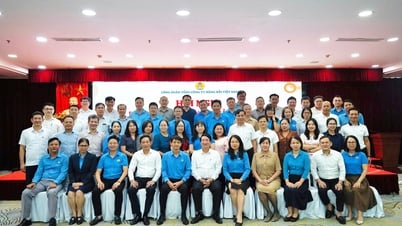
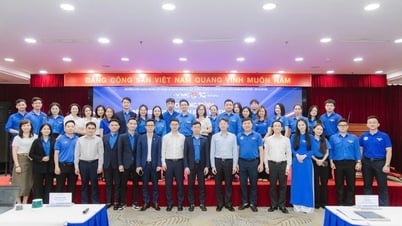
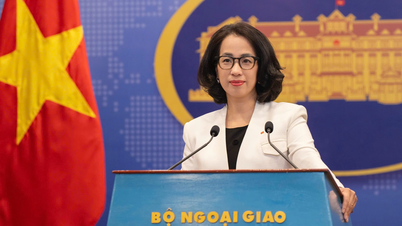
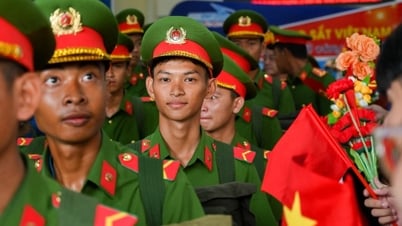
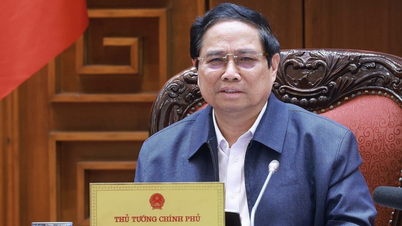








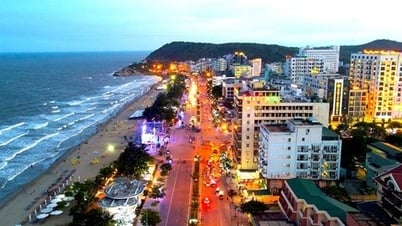

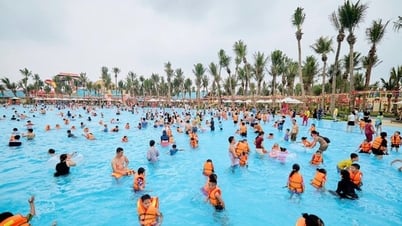
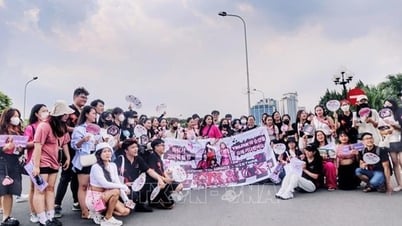
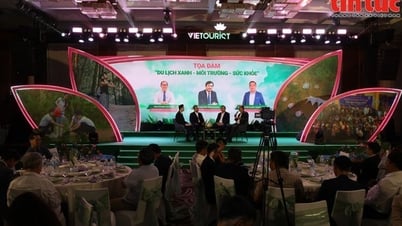
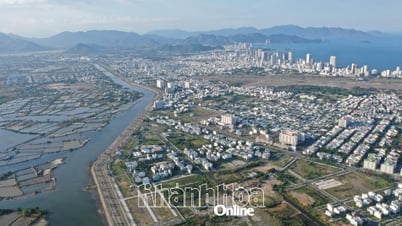



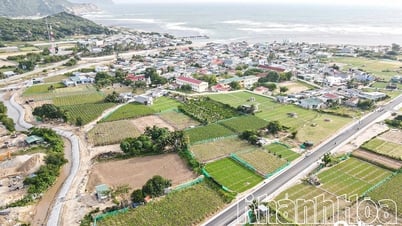
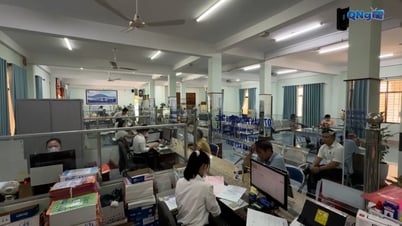
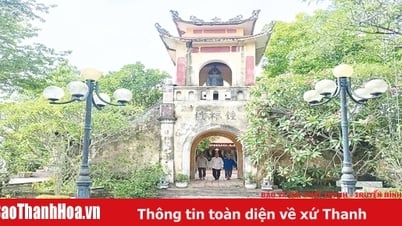

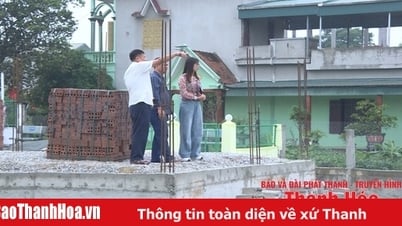
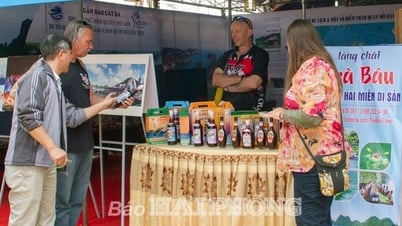

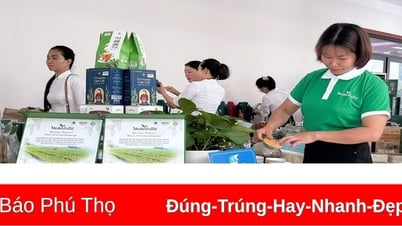

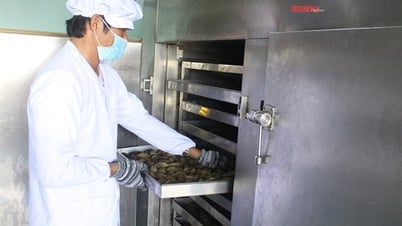

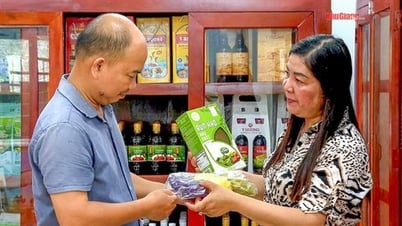
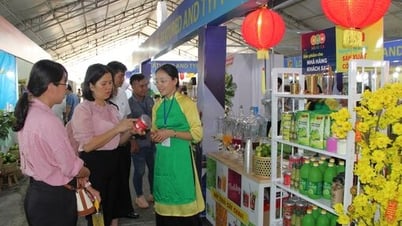

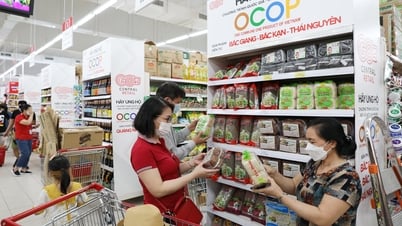


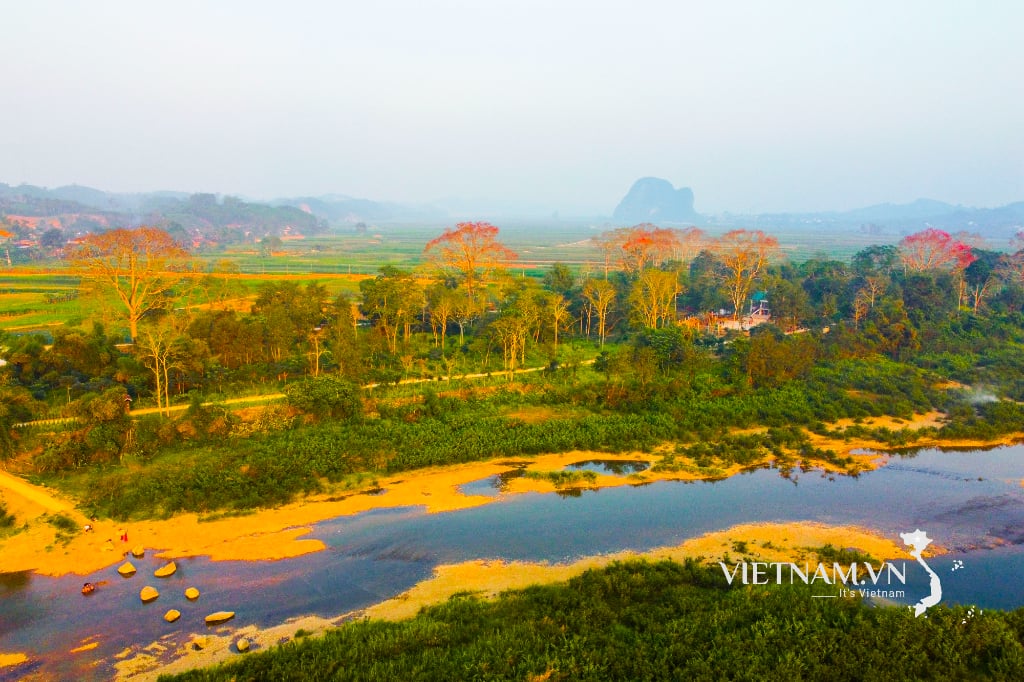



Comment (0)